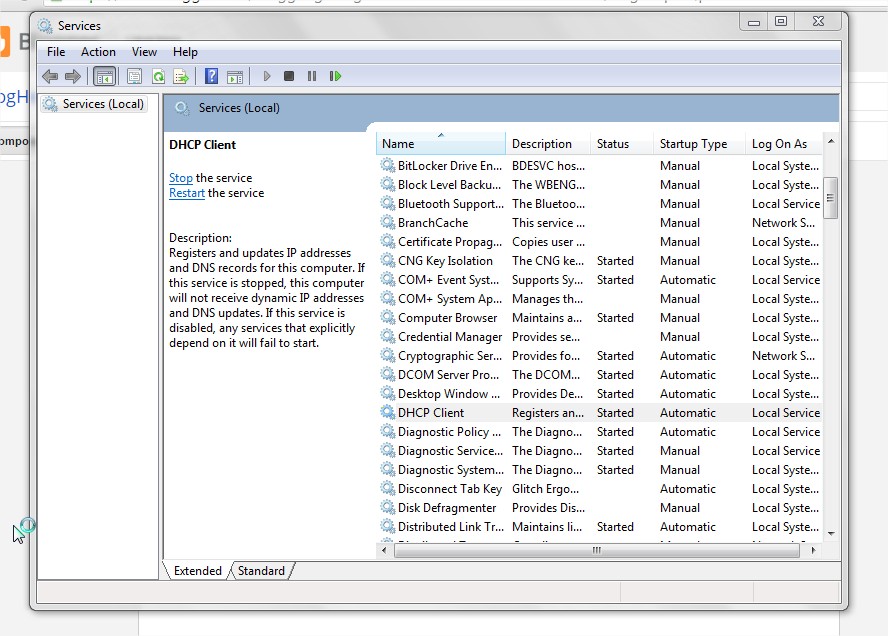

- #Filebeats dhcp logs stop how to
- #Filebeats dhcp logs stop install
- #Filebeats dhcp logs stop zip file
- #Filebeats dhcp logs stop windows
#Filebeats dhcp logs stop zip file
#Filebeats dhcp logs stop install
Visit the Winlogbeat download page to install Winlogbeat.
#Filebeats dhcp logs stop windows
Winlogbeat reads from one or more event logs using Windows APIs, filters the events based on user-configured criteria, then sends the event data to the configured outputs. It can be used to collect and send event logs to Axiom. Winlogbeat is an open-source Windows specific event-log shipper that is installed as a Windows service. For more information, check out Metricbeat's official documentation Configuration metricbeat.modules: Visit the MetricBeat OSS download page to install Metricbeat. Metricbeat is installed on your systems and services and used for monitoring their performance, as well as different remote packages/utilities running on them. Metricbeat is a lightweight shipper for metrics. # Specify the path of the system log files to be sent to Axiom deployment. To do so, add : false to the filebeat.yml configuration file. In order for Filebeat to work, index lifecycle management (ILM) must be disabled. When downloading Filebeats, install the OSS version being that the non-oss version doesn't work with Axiom ConfigurationĪxiom lets you ingest data with the ElasticSearch bulk ingest API. For more information, check out Filebeat's official documentation Visit the Filebeat OSS download page to install Filebeat. In the logging case, it helps centralize logs and files in a structured pattern by reading from your various applications, services, workloads and VMs, then shipping to your Axiom deployments. Note: You will get a 400 if you use the field name _time when using the Elastic Search endpoint Filebeatįilebeat is a lightweight shipper for logs, it helps you centralize logs, files and can read files from your system.įilebeats is useful for workloads, system, application log files, and data logs you would like to ingest to Axiom in some way. You'd need to specify the org-id header if you are using Personal Token, it's best to use an API Token to avoid the need to specify the org-id header.

#Filebeats dhcp logs stop how to
There are different Elastic Beats you could use to ship logs and Axioms documentation provides a detailed step by step procedure on how to use each Beats. Before shipping data, beats collects metrics and logs from different sources, which later are deployed to your Axiom deployments. This cmdlet also sets the maximum size for the audit log file to 100 MB.Elasticbeats serves as a lightweight platform for data shippers that transfer information from the source to axiom and other tools based on the configuration. This example enables the audit log of the DHCP server service and sets the path for the audit log to D:\dhcpauditlog\ directory. Examples Example 1: Enable log for DHCP server service PS C:\> Set-DhcpServerAuditLog -ComputerName "" -Enable $True -Path "D:\dhcpauditlog\" -MaxMBFileSize 100 This cmdlet also sets the enabled state for the DHCP server service audit log. The Set-DhcpServerAuditLog cmdlet sets the Dynamic Host Configuration Protocol (DHCP) server service audit log configuration on the DHCP server service that runs on the computer. In this article Syntax Set-Dhcp Server Audit Log

Sets the DHCP server service audit log configuration on the DHCP server service that runs on the computer.


 0 kommentar(er)
0 kommentar(er)
